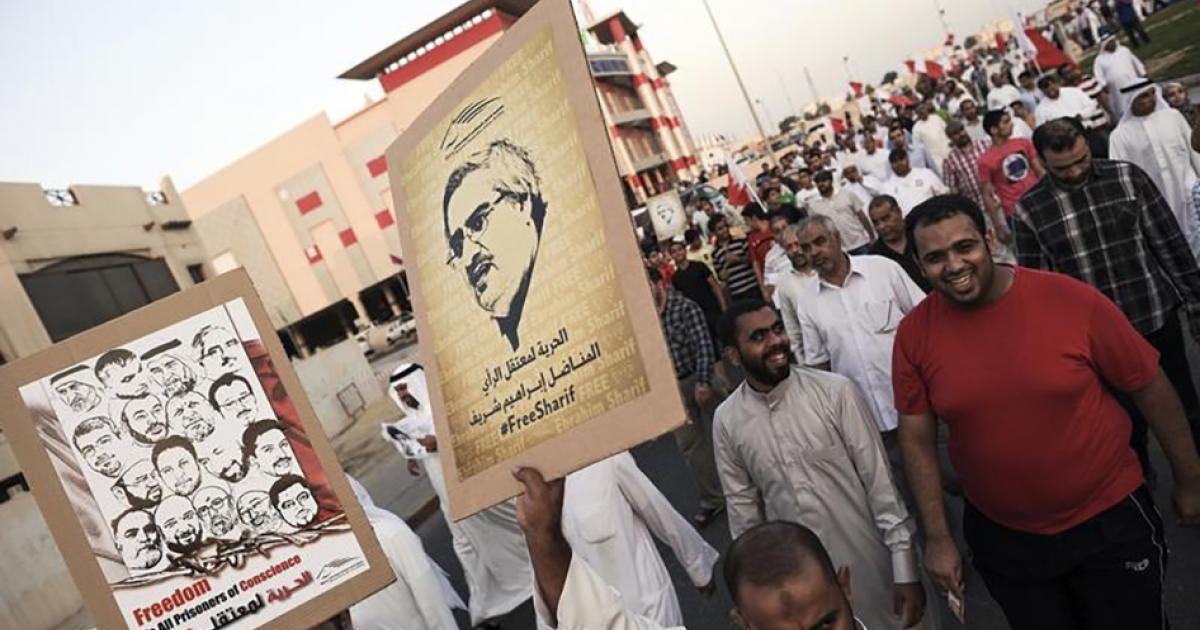On February 25, 2016, the Index on Censorship called for the immediate release of imprisoned political activist Ebrahim Sharif, after a Bahraini court convicted Sharif of inciting hatred. The court acquitted the former Secretary-General of National Democratic Action Society on charges of promoting the toppling of the government. The court sentenced Sharif, to one year in prison over a peaceful political speech he made in 2015. This most recent sentence comes after he received a royal pardon on June 19, 2015, which released him from a five-year prison term only to be rearrested three weeks later.
Bahrain’s Assistant Foreign Minister Abdullah bin Faisal bin Jabr al-Dosari recently spoke at the 31st session of the Human Rights Council, and stated that Bahrain was keen in “addressing terrorism and extremism [and] supporting ‘responsible’ freedom of opinion and expression.” In reality, Bahrain continues to criminalize freedom of expression as it arrests political activists like Sharif for speaking out. Other political opposition figures arrested by the Bahraini authorities include political activists Fadhel Abbas and Majeed Milad. On June 28, 2015, a criminal court sentenced Abbas, the former Secretary-General of the Democratic Unity Gathering Society, to five years in prison for “spreading false information.” On July 1, 2015, police arrested Milad, a member of the al-Wefaq Society after he gave a speech criticizing Bahrain’s ruling family, and sentenced him to two years in prison for “public disobedience of the law.” Bahrain’s history of targeting opposition leaders include the life sentence handed to the Secretary-General of the al-Haq movement, Hassan Mushaima, in connection to his political activities during the February 2011 pro-democracy movement. Following his four-year prison sentence, a UN body declared Sheikh Ali Salman, the prominent leader of Bahrain’s opposition party Al-Wefaq, arbitrarily detained and cited free expression concerns. The ongoing criminalization of free expression illustrates the discrepancy between the Bahraini government’s rhetoric and its actions.
Tyler Pry is an Advocacy Intern at Americans for Democracy & Human Rights
Photo courtesy of Human Rights Watch





